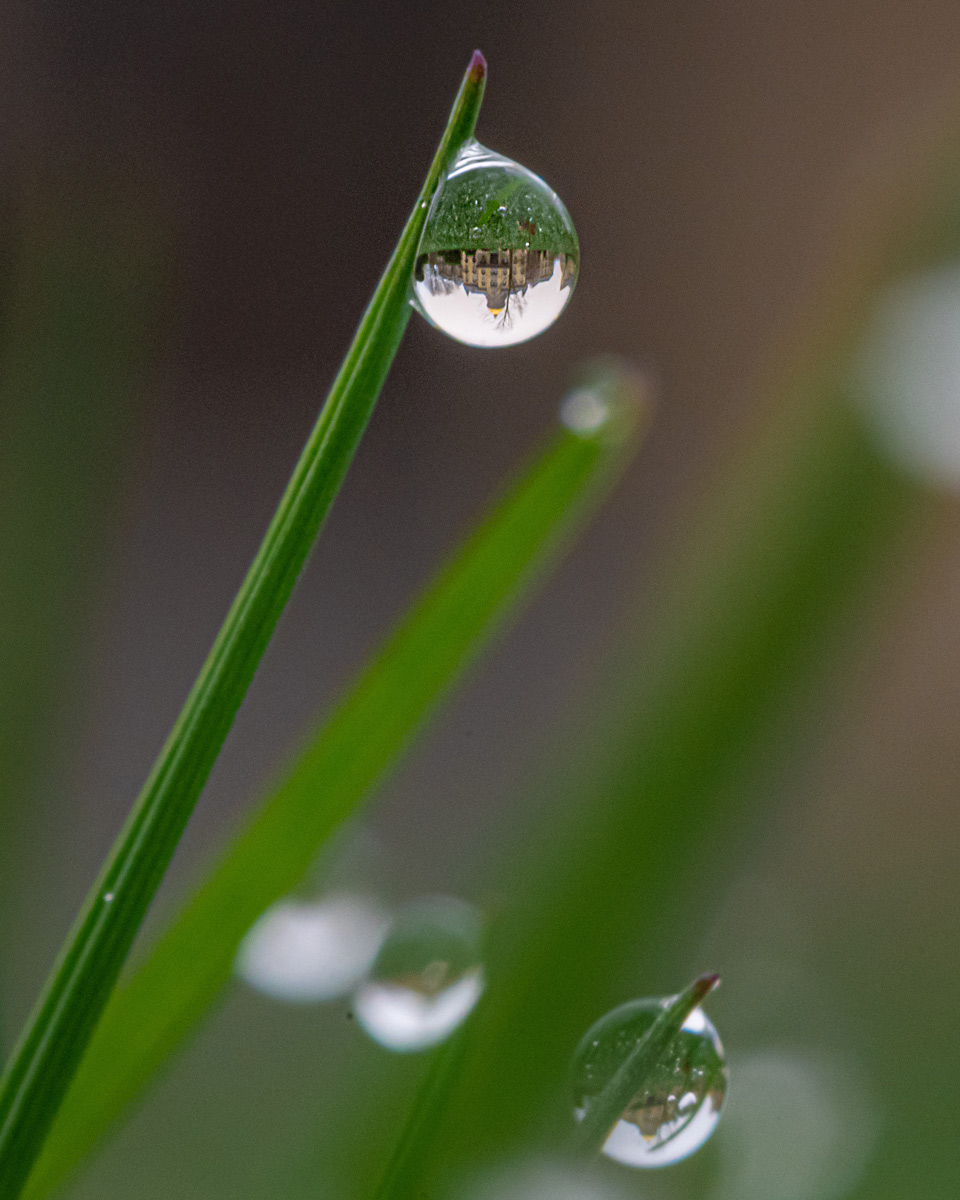EDITOR'S LETTER
The Great Upside Down
 In late fall when we started planning this issue, a story about unicorns seemed timely, relevant and apropos.
In late fall when we started planning this issue, a story about unicorns seemed timely, relevant and apropos.
Unicorns were the glittery icon of the times — ironically ubiquitous, slapped on everything from Band-Aids to Starbucks drinks. “Unicorn” was the exalted lexicon of Wall Street with companies like SpaceX, Epic Games, Airbnb as the billion-dollar incarnations.
Unicorns served as the fantastical, powerful ideal for the rare individual who breaks the molds, defies the odds and shapes the world according to a singular vision.
Little did we know then that by the time the cover story was written, a unicorn of an entirely different stripe would rain destruction across the planet.
In March, the students left campus for spring break and never returned. Staff members vacated their offices and regrouped on Zoom. Faculty members upended their syllabi and teaching methods within a week’s time. The University postponed commencement. Campus emptied.
In the scope of everything that everyone has faced in these past months, the challenge of finishing up a magazine in what turned out to be a different era than when it was started just weeks before is really, really low on the hardship scale.
But it was a challenge that we as the magazine staff wanted to address.
So we went back to our sources to ask, “What about the coronavirus? How will it impact ... (fill in the blank: your work, your teaching, your outlook, your life)?” Their comments are woven throughout the stories, not as info boxes or feature stories per se, but as insights and applications.
EMBA alum Dr. Paul Gregerson, a longtime advocate for L.A.’s homeless, reflects on what the effect might be on an already vulnerable and stricken population.
Viva Bartkus, the founder of the Business on the Frontlines course who has made a career out of dealing with conflict, thinks about what the challenges might be for future economic development in war-torn countries.
Senior Natural Baptiste, featured on our Photo Ops page, whose family’s first trip to campus would have been for commencement, breaks our hearts. And the cover story, “Chasing Unicorns,” reminds us that even crises can give rise to new, transformative ideas.
Surely we will be writing COVID-19 stories for some time to come. You can read them on the Mendoza website. But even as we get ready to close out this issue of the magazine, there is hope for the dawn of another era. For the first time in many weeks, there are positive signs in the global statistics that the “dark unicorn” is slowing its terrible headlong rush.
The tulips bloom by the Grotto. The swans glide in the lake. In the momentary stillness of campus, the echoes begin to waken.
Dewdrop photo by Matt Cashore (ND '94). Header image by Barbara Johnston.

Comments